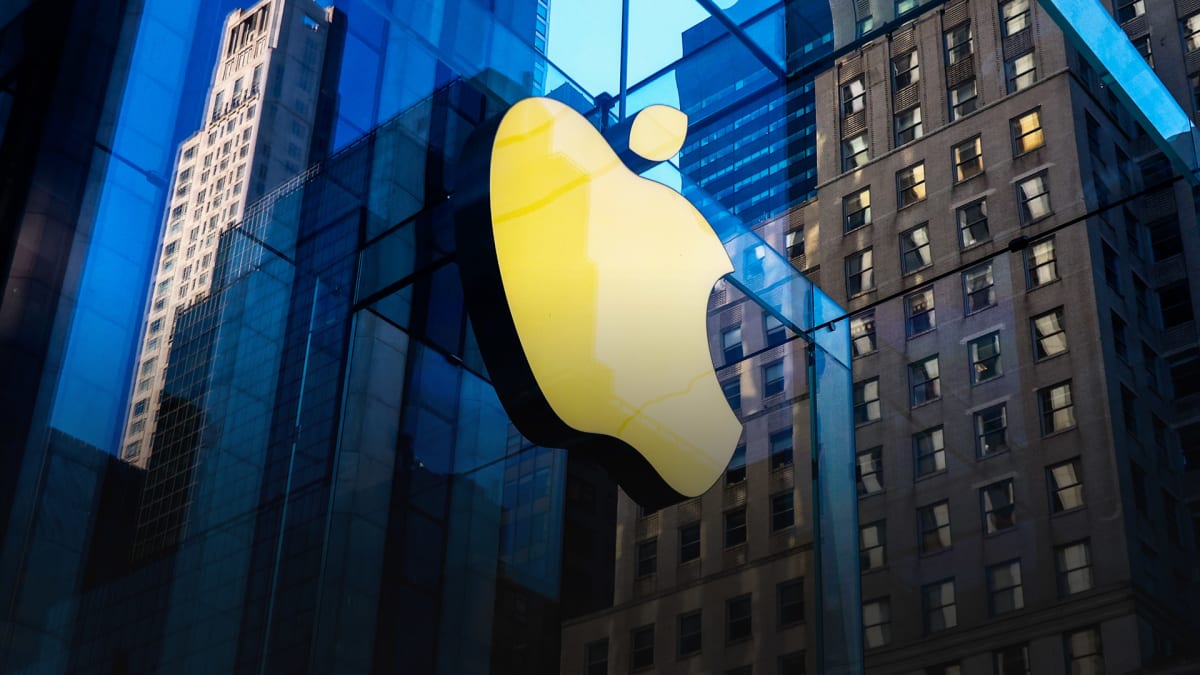
According to leaked reports, Apple is pushing further into the mental health world. But its most recent foray might end up making people anxious instead.
Apple is reportedly working on a journaling app, codenamed “Jurassic,” which reportedly will be part of this autumn’s upcoming iOS 17 software update.
Don’t Miss: Leaked: Apple's Secret Health Play Could Push Out Smaller Apps
The journaling app, according to an internal memo dug up by the Wall Street Journal, would allow users to write about their day and also track their physical and mental health in a more long-form format.
That’s all well and good, of course, as the link between journaling and mental health is very well documented.
At first, many outlets pointed out that award-winning, third-party journaling apps like Day One already exist, and that software designers have long bemoaned Apple’s (APPL) tendency to move into their territory.
It’s a valid complaint, of course, but upon closer look, there might be a much greater cause for concern with the upcoming “Jurassic” app.
New App Might Track Data No One Wants Tracked
According to the WSJ, proposed ideas for the app include pulling data from the user’s iPhone, and then making suggestions for what to write about, particularly if your routine has changed. It might even offer suggestions such as writing about your workout if it notices you are on a run, which feels a bit body-shamey.
Engadget points out that “This app could act as a life tracker of sorts, analyzing what your typical day is like, where you go, who you interact with and when you differentiate from a standard routine. Supposedly, it might attempt to even determine the difference between who your colleagues and friends are, using a feature called ‘All Day People Discovery.’ It could work by picking up your proximity to other individuals, though it's not clear if they would also need an iPhone and the app.”
So it’s one thing to wear an Apple Watch that tracks your heartbeat and such. That’s private information, of course, but you know what you are consenting to when you buy this sort of device, and it can deliver demonstrable benefits for people who are exercising or monitoring their health.
But what are the benefits of tracking who you hang out with all day? And do the people who interact with you automatically consent to being logged into some Apple database, just because they own an iPhone and, say, made you a cappuccino?
Concern Over Tech Data Habits Crosses Party Lines
Now, according to documents viewed by the WSJ,, any information collected will be kept on-device, and will be deleted four weeks later. It’s completely reasonable to doubt this.
One of the vanishingly few things people with progressive, conservative and independent political viewpoints can agree on is a weariness about how much data big tech companies keep about us, and how little we know about what they do with it or who they share it with. The examples are numerous, but let’s just go with, for starters: Google, Apple, Microsoft and Facebook having access to your emails, text messages, photos, browser history and so on.
Suffice to say, the implications for how this could seriously invade people’s privacy, and make targeting advertising feel even creepier and more invasive, are off the charts troubling.
Plus, aren’t these extra features wildly unnecessary?
Yes, it’s laudable to get people to attend to their mental health, and journaling is a great way to get in touch with the way your are feeling and the progress you are making. But if you’re sitting down to journal, you likely know what to write about, or you can find it through free writing. Do you really need an app to go through your phone and follow your every interaction in order to spit out suggestions that could very likely arouse your paranoia, thus negating the benefits of what the app is even supposed to do in the first place?







